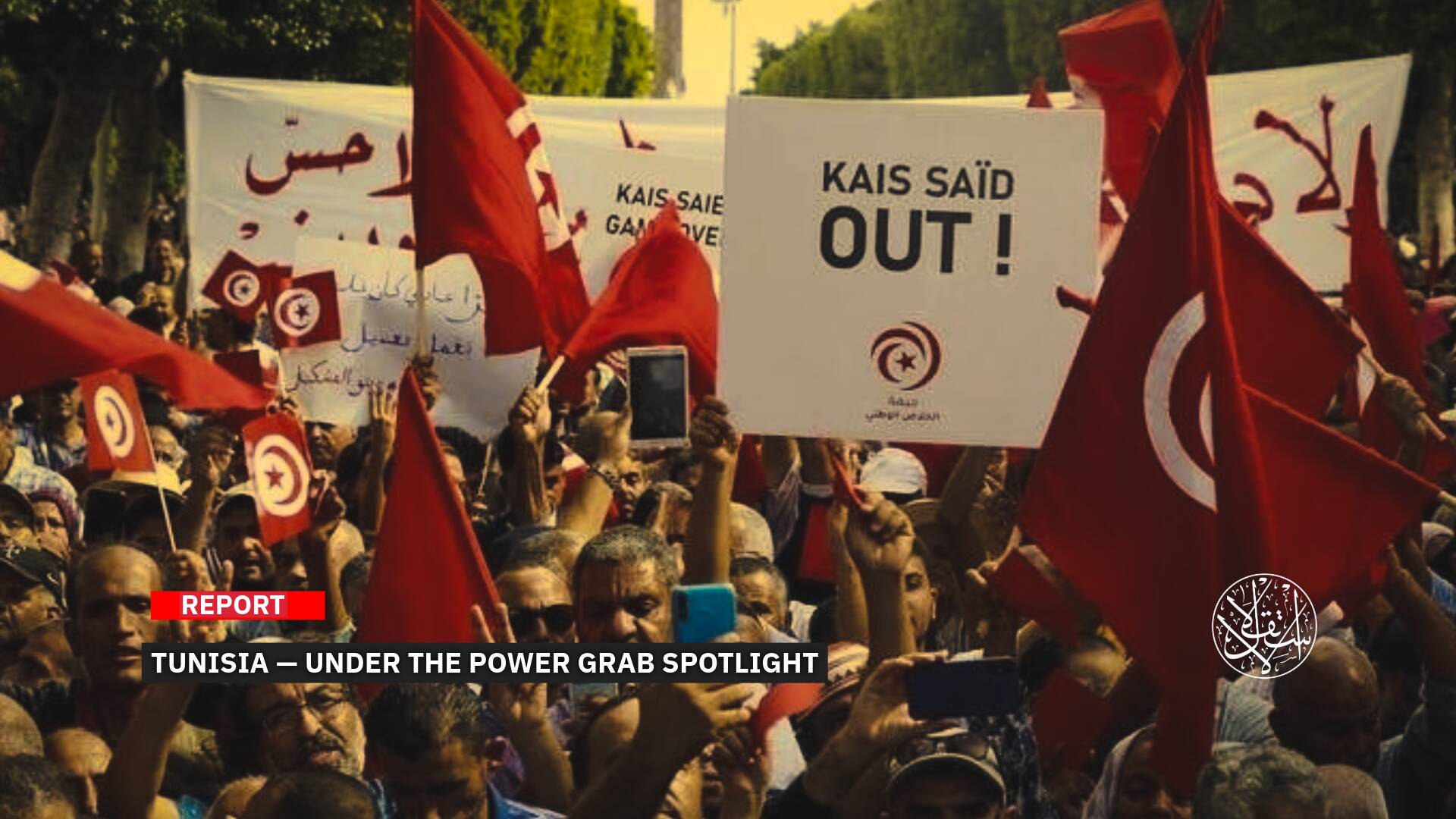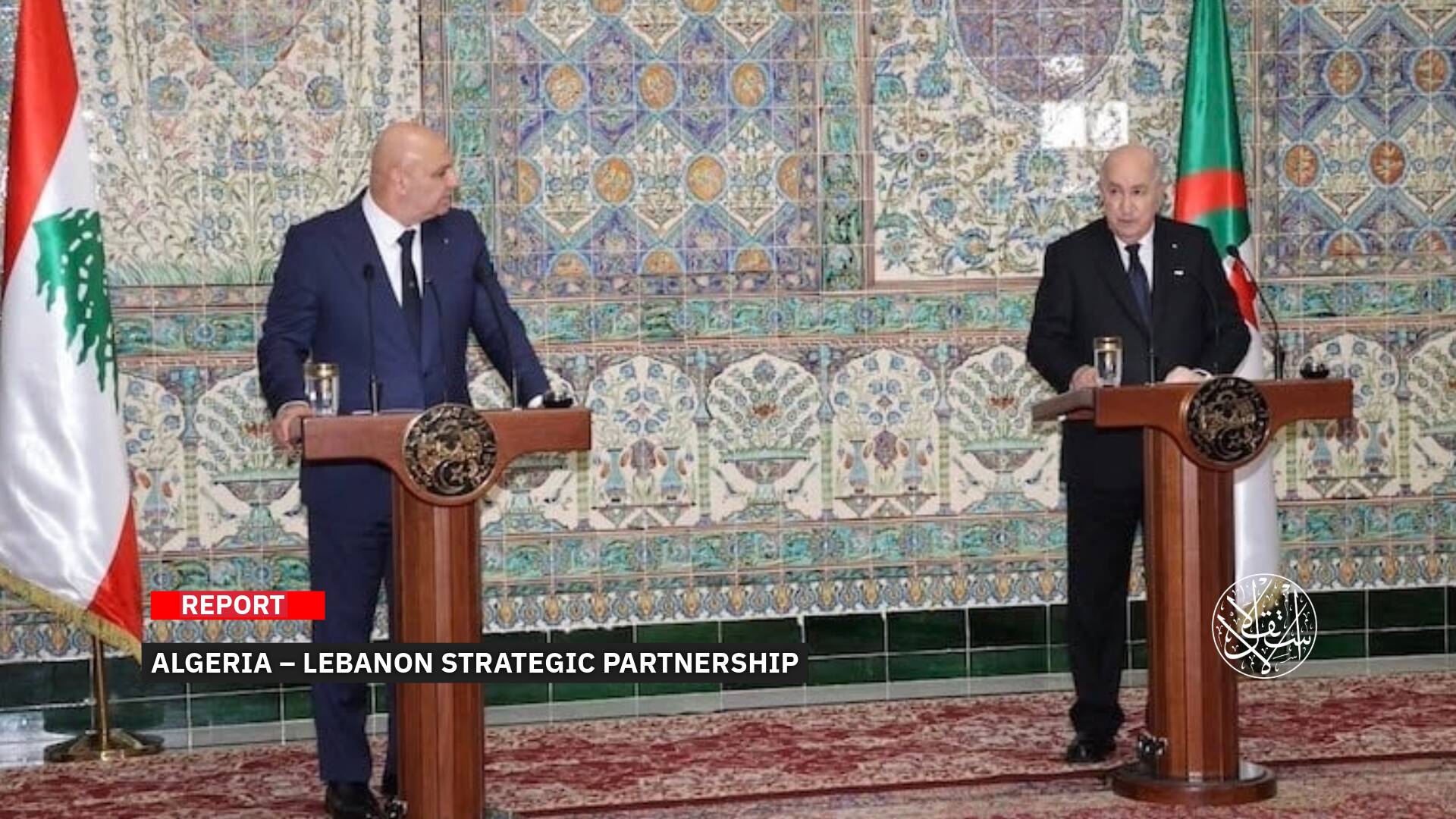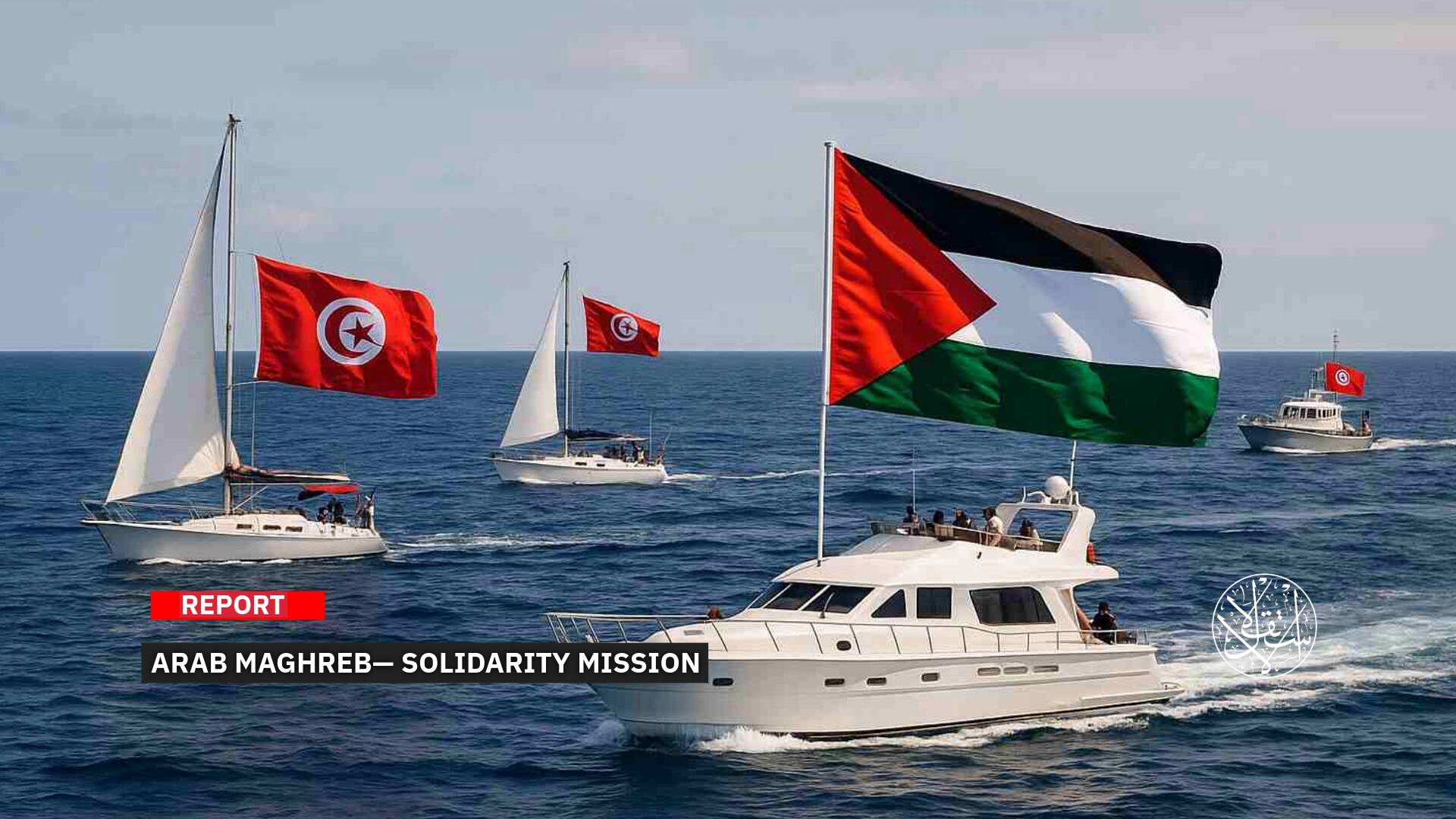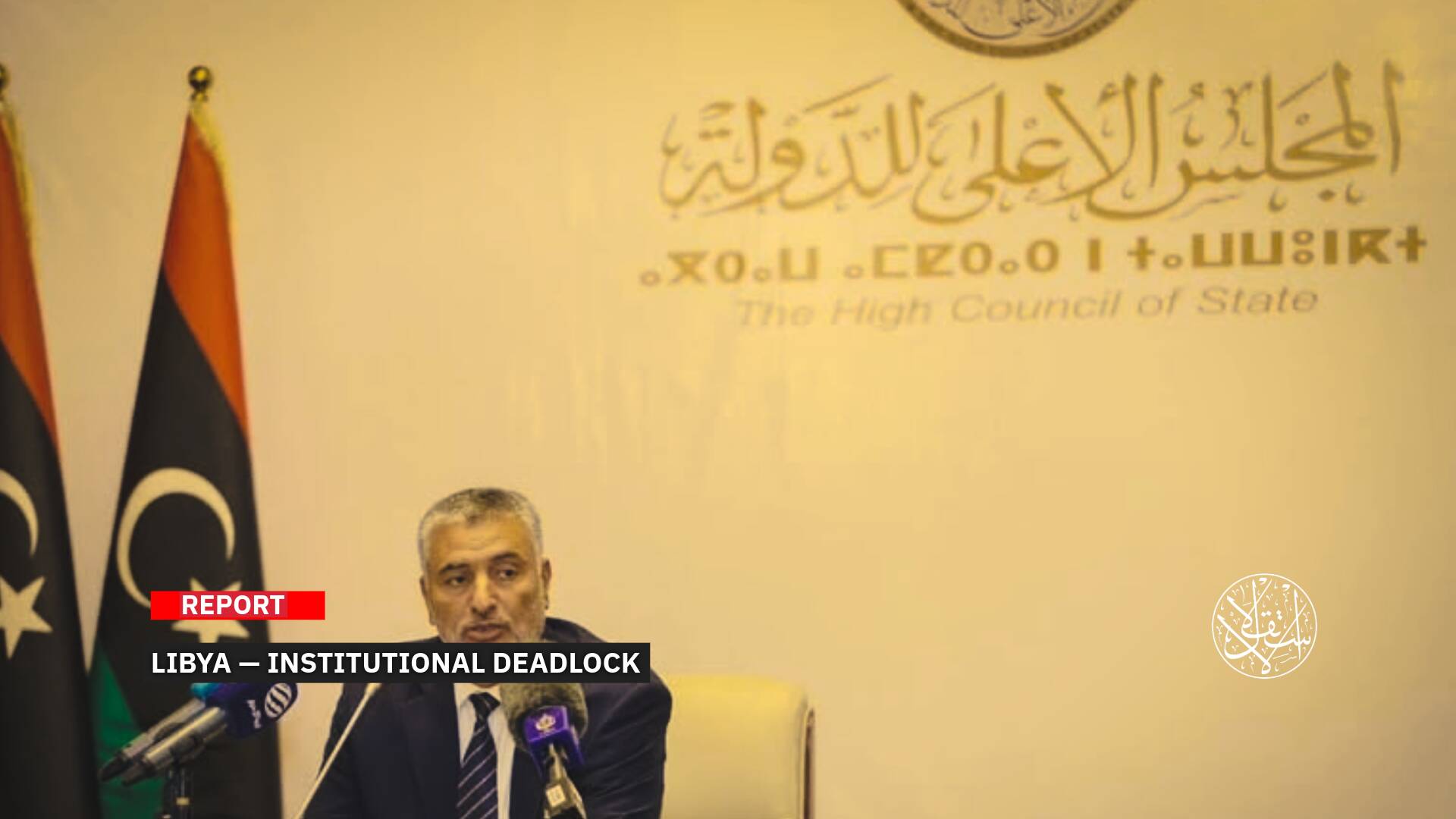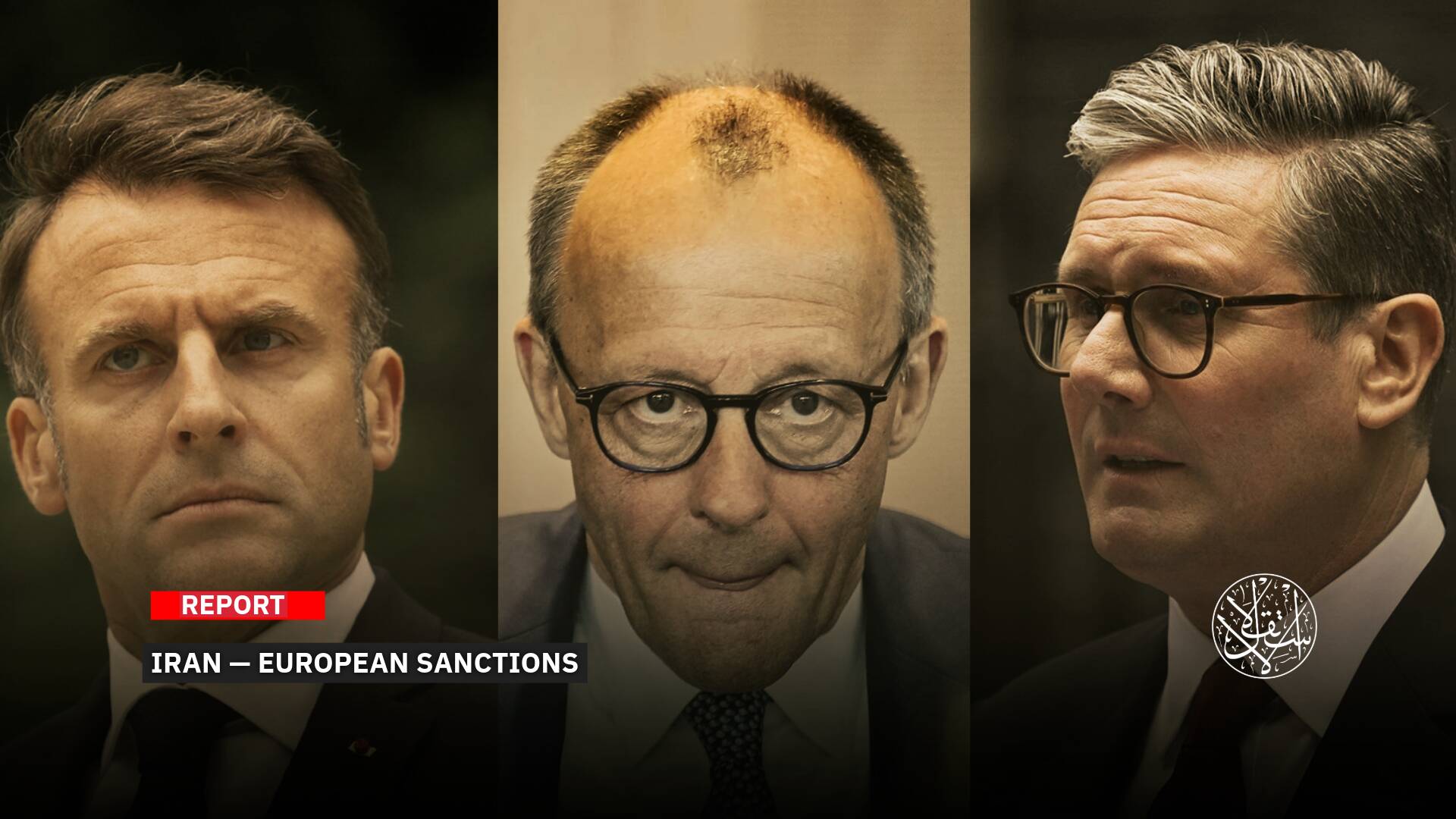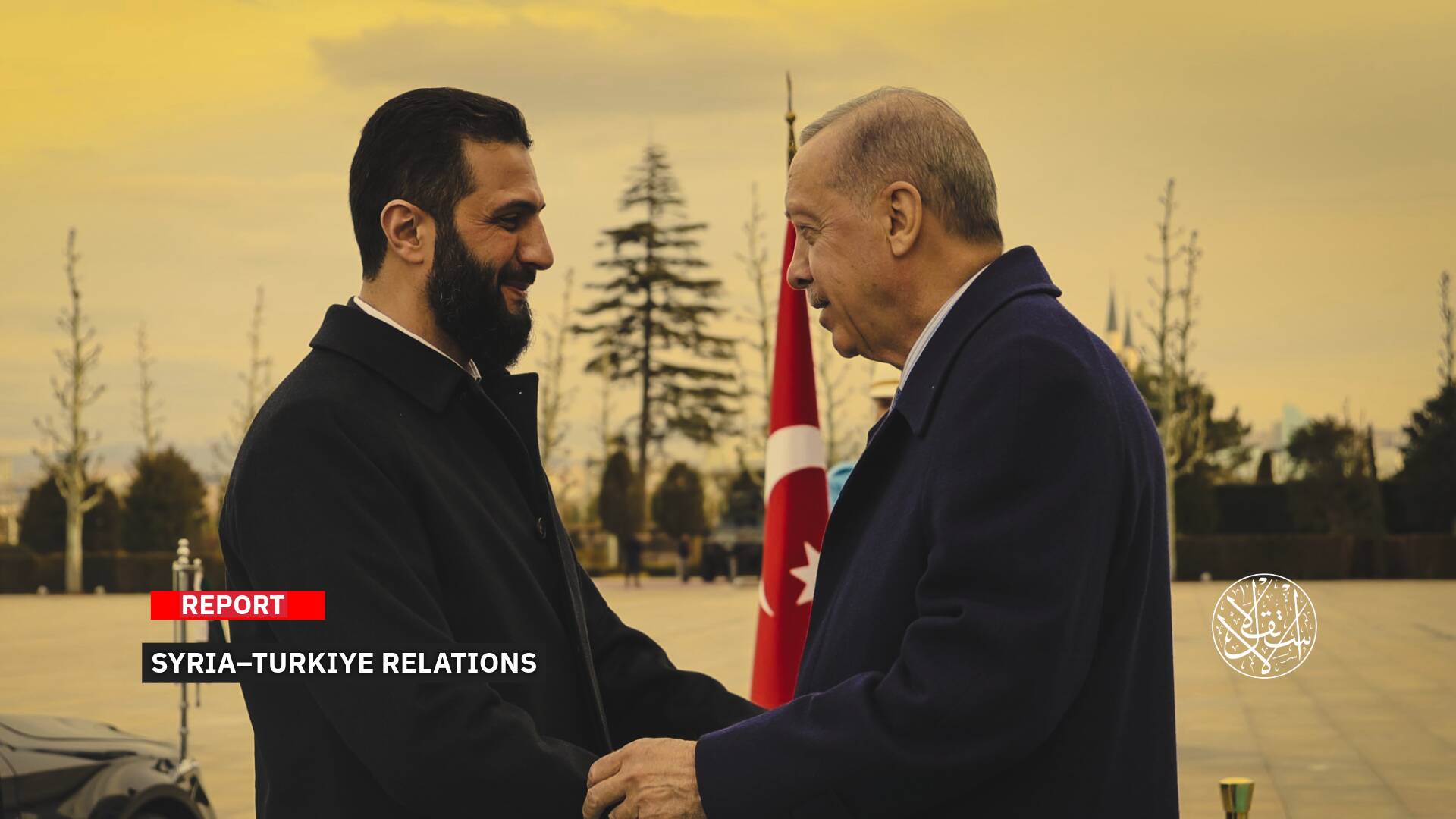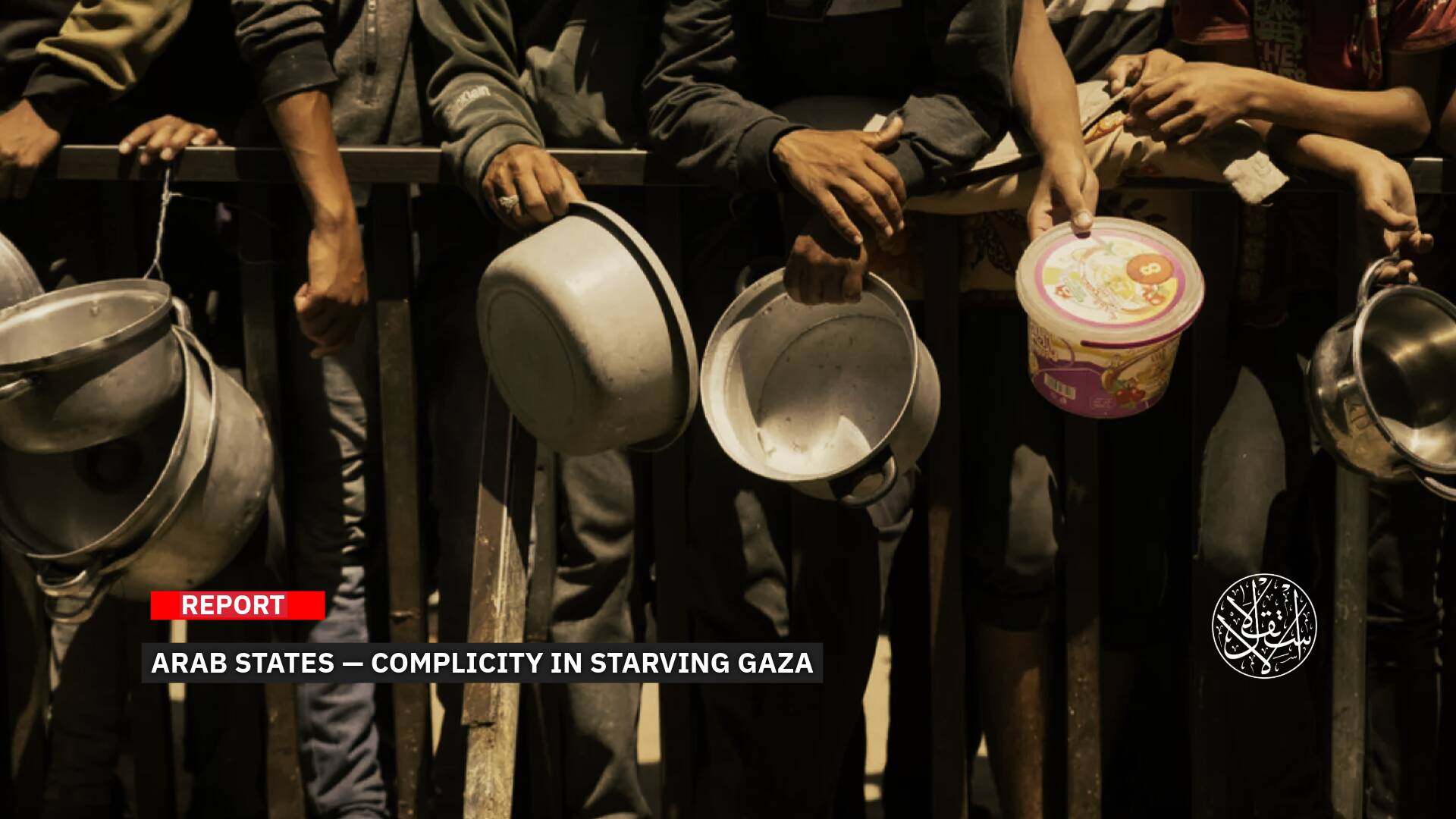Boubou Farba Dieng, the Senegalese Who Led the Economy and Legislations in Mauritania

The most prominent political, economic or legislative expert in the world would not have dreamed of leading a country other than his or leading a nation other than the one he belongs to with love and generosity. However, the Senegalese, Dieng Bobo Farba, achieved this difficult task in Mauritania.
Quietly, the veteran politician and one of the founders of Mauritania, Dieng Boubou Farba, died in the capital, Nouakchott, on July 2, 2021, at the age of 83, and after he was the first president of the country's Senate, in a position he held for 13 years.
Starting His Journey
The man from the banks of the Senegal River was born, in 1942, in the city of Bababe, into an ancient family that made sure that its descendant was one of the first pioneers of the school. Three years after the country's independence.
Farba completed his university studies in the Senegalese capital, Dakar, to graduate from Cheikh Anta Diop University in 1968, with a degree in economic sciences. In the same year, he moved to the French capital, Paris, where he obtained a higher degree in economics.
Boubou Farba studied in France as part of the class of former Mauritanian president, Sidi Ould Cheikh Abdallah, and head of the Ettakatol party, Ahmed Ould Daddah.
The late returned in the early seventies of the twentieth century, to Mauritania, which was living in difficult political and economic conditions, as it was known as a raging struggle between the regime of the late president, Mokhtar Ould Daddah and his opponents.
At that period, the country's regime needed young cadres to establish a new Mauritania. At that time, Ould Daddah "Farba" was appointed director of trade in 1970, a position he held until 1972.

The one coming from neighboring Senegal became, after that, a member of a committee tasked with preparing for the launch of the first national currency, and the exit from the West African "franc" currency, to be one of the contributors to the establishment of the "ouguiya" in 1973.
This was the beginning of Farba's path in the Central Bank of Mauritania, which reached its peak in 1978, when the military appointed him as governor of the bank.
The Senegalese entered the Mauritanian government as Minister of Economy and Finance in 1981 and until 1982, then as Minister of Energy and Minerals in 1983, before returning in the same year as governor of the Central Bank.
Dieng Boubou Farba remained at the head of the Central Bank until 1987, when he was dismissed in conjunction with the political tension that swept the country, between the regime and the Negro intellectuals.
In 1991, Farba returned to official positions, when the president, Maaouya Ould Sid Ahmed Taya, appointed him general manager of the Mauritanian Airlines Company, a position in which he remained for a year.
He was elected in 1992, as a member of the Senate from the El Mina district in Nouakchott, as the head of the council in the first session. He remained in this position until the Ould Taya regime was overthrown in 2005.
Two Complementary Cultures
Taya was one of those who participated in the 1978 coup and the overthrow of President Mokhtar Ould Daddah, in the same year. Following that coup, Taya was appointed Minister of Defense, holding several positions, including the chief of staff of the army, the gendarmerie, and the prime minister.
After years of assuming the reins of power, Mauritania announced, through the constitution of July 1991, a pluralistic system according to which the first presidential elections were held in December 1992, in which President Muawiya won by 62.65 percent.
Taya was re-elected, in December 1997, through presidential elections boycotted by the opposition by more than 73.25 percent, and later returned to win the presidency again in the elections held on November 7, 2003, with 66.69 percent, following the failed coup attempt (June 2003).
The opposition considered the elections invalid, and demanded new procedures, unanimously agreed on the occurrence of "fraudulent acts" in the electoral process.
Ould Taya ruled the country for 21 years, with a pluralistic system close to the one-party system, through the Social Democratic Republican Party, which remained the strongest party even after the fall of Taya.
President Ould Taya spent the first days of the coup in Niger, and from there he made an appeal through Al-Arabiya channel to officers, non-commissioned officers and soldiers to stop what he called the "criminal situation" in Nouakchott.
Then he left for The Gambia on August 8, 2005, and then moved with his family to Qatar on the 20th of the same month, in which he resides so far, and there is increasing talk about the possibility of his return.

Farba’s Death
Judge Fadili Ould Rais, the former legal advisor to the late Dieng Boubou Farba, published an obituary as one of his closest employees and companions on many occasions, stressing the late's love for Mauritania and his attachment to its unity, and his distance from extremist rhetoric.
He said: "I worked with the late Dieng Boubo Farba for 18 years, I was his legal advisor and director of legislative services in the Senate, I accompanied him on all his trips abroad, and for him I was a little brother and above all a close friend."
Regarding the late, Ould Rais said: "He was an unequivocally strong nationalist, he never introduced an extremist or biased discourse. He was at an equal distance from everyone, which brought him a lot of insults and criticism from some extremist and racist circles."
The late chancellor considered that he was "a symbol of two complementary cultures," and explained that the late was a descendant of "More Elie Ould Fayed", who settled in "Walalidi" in Senegal, to marry young Mabani who bore the title of Farba from this region.
He went on to say: "This explains his fundamental balance and his deep convictions in a unified Mauritania."
He added, "Dieng Boubou Farba was honest, was a humble and meticulous manager, was neither extravagant nor ostentatious, and was a sociable and kind man. Those close to him could testify to the purity of his heart."
Thoughtful Choice
The former Mauritanian minister, Abdelkader Ould Mohamed, praised Boubou Farba's high political sense, in addition to his patriotism, which prompted his appointment as the first president of the Senate of the Mauritanian people's representatives.
In an article in which he mourned the deceased, he explained that this appointment at that time caused a lot of controversy within Mauritanian political circles.
He added that, over time, Farba gained confidence in the correctness of his political choice. Upon his appointment, he held bilateral meetings with party officials about their diagnosis of the problems facing Mauritania.
Abdelkader Ould Mohamed says in his article: "After a frank discussion with him, I understood that the choice of this great man to embody the Senate was well thought out."
He continued, "The selection of the late president of the Senate, which was imposed by President Muawiyah, was a political message aimed at ensuring national unity in the long term and strengthening its consolidation at the level of the republic's institutions."

According to the former minister, Boubou Farba was fully aware of this, "despite the criticism and of those who only saw him as a 'negro.'"
The grandeur of his ambition was very attractive because the generation of senators he had to lead was in large part the generation of former state clerks who with their efficiency succeeded in stirring parliamentary debate.
Ould Mohamed concluded his article by saying: "Today, after the controversial dissolution of the Senate, which was headed by the man who embodied the country's parliamentary history, it can be said that the death of President Boubou Farba is the second death of the Mauritanian Senate.


